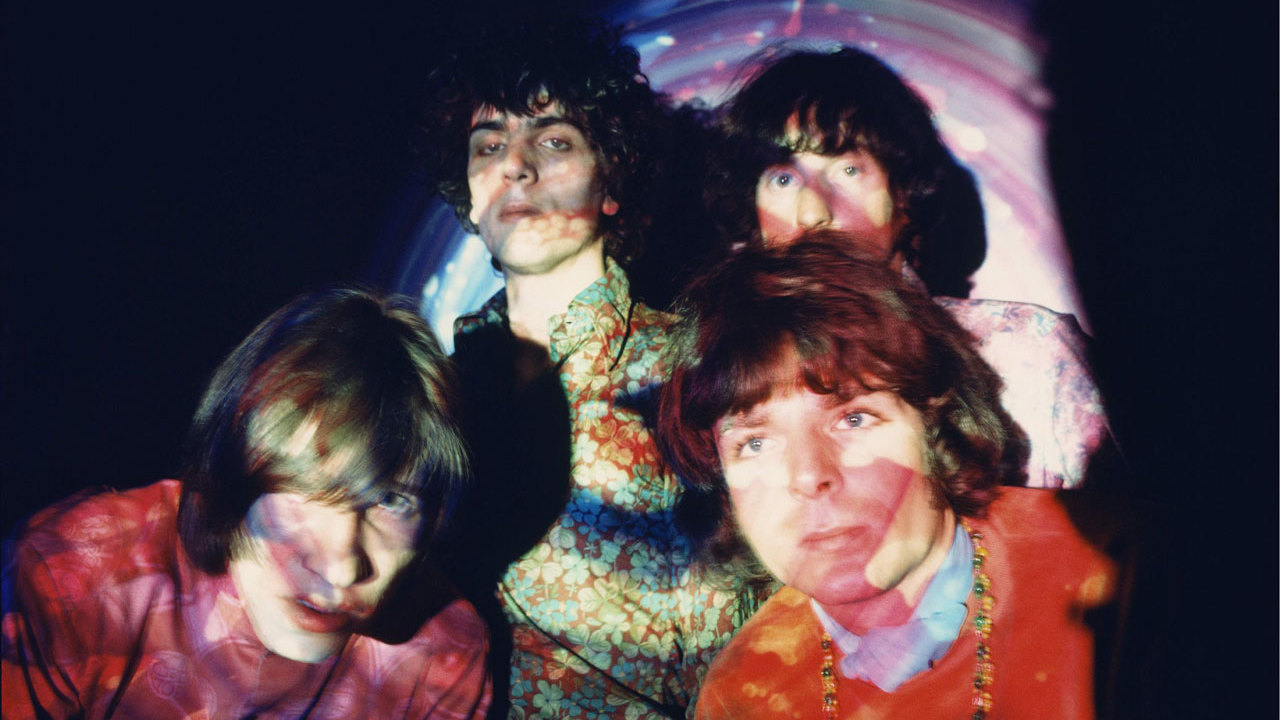Pink Floyd became the “commercial arm” of the psychedelic revolution during the 60s, according to Nick Mason.
The drummer says late member Syd Barrett might have been more involved in the scene than the rest of the band were at the time – but they had a “mixed” reaction to media attention as they felt like they were “riding on a bandwagon” to boost their success.
Mason tells Rolling Stone: “We were riding on a bandwagon to some extent. I certainly had never done an acid trip at that time. But we recognised it was to our advantage to be seen as the house band of the psychedelic revolution.
“Syd was possibly more involved with the scene, and there were elements that we bonded with. I think there was an intellectual level to it. There was a love of poetry. There was a connection to the Beat poets from the early 50s, the Kerouac thing that was going on because a lot of people who were involved in setting up UFO, the club, were attached to that. Early on, we were suddenly becoming the commercial arm of it.
“We weren’t going to poetry readings, because we were touring or in Abbey Road recording our first album, but we were in a curious part of that particular movement.”
- Axl Rose to launch liquid skull watch
- Queen’s Brian May in tribute to Freddie Mercury’s mother Jer
- Slipknot hiring young drummer was dumb, jokes Corey Taylor
- Metallica perform live session for BBC Radio
Mason also suggests Barrett’s drug-fuelled experimental songwriting was his way of trying to “get out” of Pink Floyd – but it instead gave their music an “extraordinary edge.”
He says: “Looking back on it, there’s no doubt that LSD exacerbated the state, but I think perhaps what was happening was Syd had realised he didn’t want to be in a rock band at all. He’d done that, decided it wasn’t really what he wanted to do and probably wanted to go back to art school, but he couldn’t find a way of getting out of it. Certainly, we couldn’t believe that anyone didn’t want to be in a rock band.
“So I think when he was messing around with the songs, like Jugband Blues, he almost did it as a whim, thinking it would be another really peculiar thing, whereas actually I think the song has an extraordinary edge. I think what was going on was Syd really was trying to leave.”
Mason recently discussed the “sea-change” in sound technology and the end to the audio “dark period” in the lead-up to the launch of their box set The Early Years 1965-1972.
